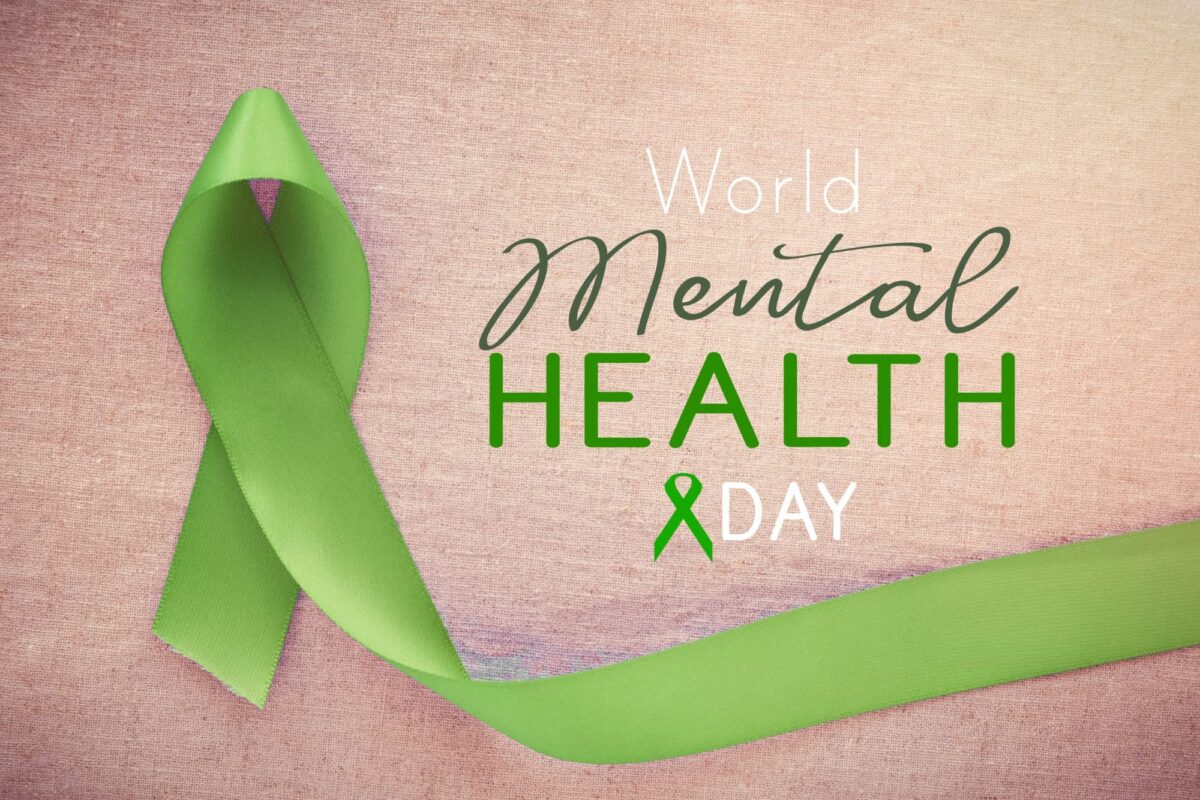SweetTree Discover Our Blog
,Life is beautiful, and I promise, it does get better

Trigger warning: Suicide
It is important to acknowledge some people will find this difficult to read. Not because the content is particularly provocative, but because some wounds are slow to heal. It is necessary for me to offer those people the option to opt-out.
Poignantly, the trigger warning is not for those that are suicidal, but rather those left living who must process the untimely loss of a loved one. It is coincidental that the title also mirrors the exact point of this article. Talk of suicide should not be triggering.
As a society, we are taught inherited taboos. As communities, we unconsciously uphold the taboos of our predecessors. We learn what we can do, and what we cannot do. What we can talk about and what we cannot talk about. This is based on nothing but a cultural agreement dictated by previous generations. Agreements that none of us were alive to reject. Agreements that no longer align with the knowledge of our age.
Suicide is one of these taboos. An ‘unspoken’. An abhorrently evil topic never to be discussed. As if by speaking its name you doom all those that hear it to succumb to its malevolent grasp.
So, to punctuate my disagreement with our society’s collective narrative as distinctly as I can:
I almost committed suicide. Let’s talk about it.
As surprising as it is for people to learn about me, I was hours away from taking my own life.
At the time, I was embarrassed. I felt ashamed. Like I was a burden. A failure. Weak. How curious it is that none of those feelings are related to how I was feeling about myself. None of those feelings were the cause of my symptoms. None of those feelings had anything to do with why I found myself in the situation I was in. And yet, I knew that an admission of my own vulnerabilities would tar people’s perception of me. I knew that stating the way I was feeling, would have an irrevocable impact on my social circle.
I predict that we will all have experienced that surreal sensation when the mere word seemingly disturbs the air, creating a thick weight of uncomfortable tension. Our first response? To move on. To distract and laugh the subject away, ‘let’s save ourselves from such a depressing topic’. The title itself will have discouraged a number of readers for this exact reason. And this is our problem.
Contrary to how society teaches us to react, the guidance to helping people that are suicidal is to talk openly about it. When we unconsciously uphold the stigma and discourage others from initiating open dialogue then we remove the very method key to their recovery. Our inability to openly discuss suicide and depression is what reinforces the need for secrecy in those afflicted, which can be fatal.
We forget that #itsokaytotalk is not just a prompt for people that are suicidal, but that it is a plea for us as a society to normalise the sharing of emotions. Consider how compounding it would have been to my negative mental state that on top of my actual issues I was carrying the fear about how my suicidal ideation would be perceived by the outside world.
This is not just for those that are struggling, but every person within your social circle should help to foster an environment that encourages people to speak up when needed. A simple change, but imagine how many lives would be saved simply by eradicating the stigma, enabling people to reach out in their time of need without fear of judgement.
You have the right to believe what you have unconsciously learnt, but you also have the ability to change your mind. If there is anything you can do for those that are struggling in the shadows, it is to lead by example. I don’t expect people to be as comfortable talking about it as I am, but what you can do is make it part of your daily life to ignore everything you have been unconsciously taught, and instead make the conscious decision to treat invisible pain the same way you treat visible pain, openly.
The reason suicide awareness day exists at all is testament to the fact that we are still misinformed as a society. ‘Raising awareness’ isn’t required when the general populations understanding of a topic is accurate.
Although they do not know it, it took the actions of just one person to steer me away from my own death. It just so happens, they worked at SweetTree.
As a company in healthcare, with the knowledge and experience we have, the empathy we have, and the skill to adapt our support to the needs of our clients, we have the ability to lead by example.
Be uncomfortable, challenge the taboo, talk openly without judgement, be kind, show empathy; you never know the difference you make.
And speaking directly to those who need it; hold on, reach out, seek help, share your emotions, life is beautiful, it gets better.
Written by a SweetTree employee whose name will remain anonymous.
